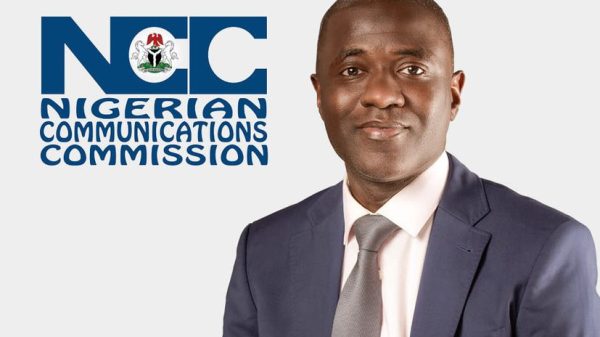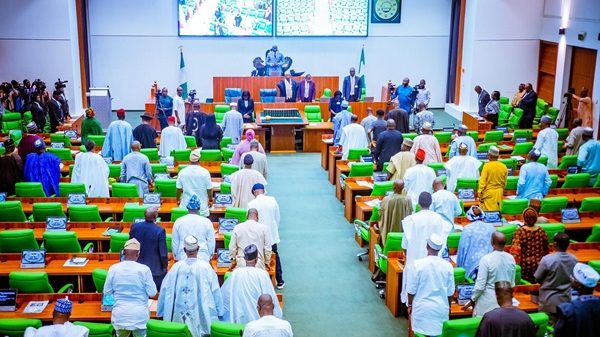Education is, without a doubt, a fundamental human right. Today, digitalisation enables us to improve education and provide equal access to all. But where do we even begin?
In a world when everything is online and any business that isn’t online is losing money, failing to teach our children digital skills for today and tomorrow will only widen our continent’s skills gap. This is due to the fact that more than half of today’s professions demand technical abilities.
So, why is it critical for the technology industry to be involved in education at all levels?
Read Also: MTN Promotes Digital Economy through Spelling Bee Competition
Nurture future champions of the industry
Technology literacy and digital literacy are crucial for Africa’s future. And while we are making progress with the introduction of coding in primary schools in countries like Kenya and South Africa, we still have a ways to go.
“We know that every technology business is hampered in its growth by a severe lack of talent across Africa, and it is up to us as a part of that ecosystem to help develop and nurture future champions of the industry,” says Sean Riley, CEO at Ad Dynamo by Aleph.
“Unfortunately, there is still a substantial skills gap in Africa, and to solve it, we must begin at the grassroots level. We live in an increasingly digital world, so it is only logical that we begin teaching digital digital skills,” adds Riley.
Provide more flexible pathways
According to a World Economic Forum report, 65% of today’s primary school children will eventually be working in job types that do not exist yet, while the International Finance Corporation (IFC) estimates that by 2030, more than 230-million jobs in Africa will require digital skills.
“It is therefore clear that emerging economies face significant upskilling challenges, which need to be addressed throughout the educational careers of young people. Businesses and educational institutions must work together to ensure that learners are equipped to handle the ever-changing nature of work. The business sector, in particular, should take the lead in this regard, whether through training sessions, providing more flexible skills pathways, or through the recognition of short courses, as well as online and self-learning,” says Vanashree Govender, Huawei SA spokesperson.
Technology innovation is happening so quickly that training must now be adjusted constantly, almost in real-time, as new systems, applications, and devices come to market.
Read Also: Google Cloud Partners Pepkor IT to Drive Business Transformation Across Southern Africa
Conscious of the need for technology-driven upskilling, Huawei has built strong relationships with training and education institutions, and established programmes such as our ICT Academies at universities and TVET colleges, and our Seeds for the Future programme which aims to develop skilled, local, ICT talent.
Contextual education
Education needs to be contextual. “ It should enable children to understand things around them and prepare them to be ready for real-world challenges. As technology has become ubiquitous, it is important to teach children how it impacts the world and help them understand how it can be utilised to solve various problems,” says Andrew Bourne, Regional Manager, Africa – Zoho Corp.
Prepare students for an evolving workplace
Students require more than a functional knowledge of digital and technological skills to succeed in the world. By incorporating these technologies into the normal curriculum and ongoing activities, institutions ensure that their students are more equipped for the modern workplace.
![]()



























































